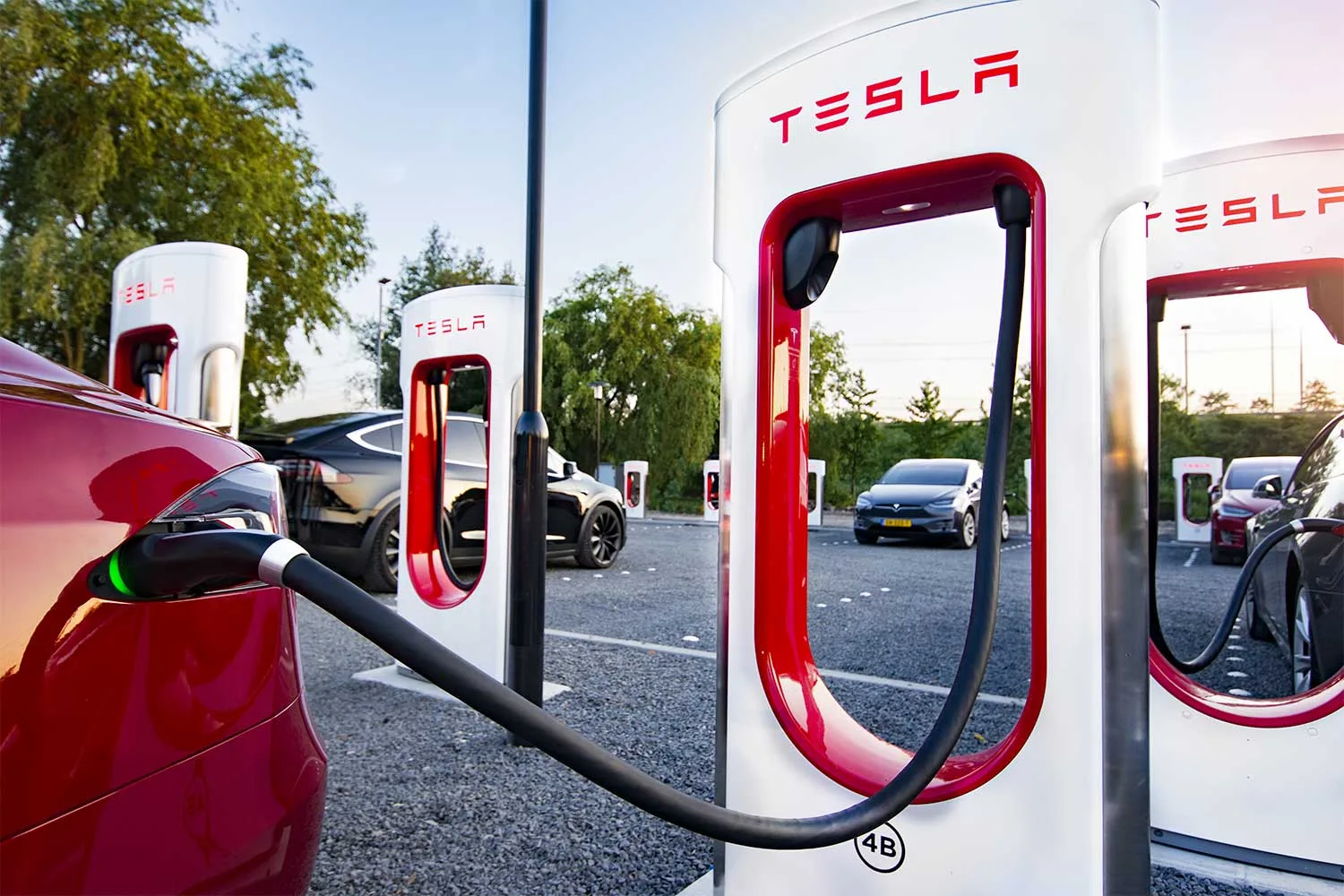Morocco has officially made history as the first African country to host a Tesla subsidiary factory, a major milestone that signals the continent’s growing relevance in the global electric vehicle (EV) and high-tech manufacturing industries. On April 8, 2025, Tesla confirmed the establishment of its new plant in Kénitra, a strategic industrial zone near the Tangier Med port, known for its efficiency and access to global markets.

The Tesla project in Morocco is valued at $5 billion and will span 300 hectares. Once completed, the factory is expected to produce up to 400,000 electric vehicles annually, including the popular Model Y and a highly anticipated compact $25,000 EV aimed at middle-income and emerging markets worldwide. This move is not only a business expansion for Tesla but a significant boost to Morocco’s growing status as Africa’s automotive powerhouse.
Construction of the factory is scheduled to begin in September 2025, with mass production expected to commence by late 2027. The first Moroccan-built Teslas are projected to hit the market by early 2028. In addition to production, the facility will serve as a center for research, assembly, battery system development, and supply-chain management. The project is expected to generate around 25,000 jobs, both directly and indirectly, offering opportunities in manufacturing, logistics, engineering, and management.
Elon Musk, Tesla’s CEO, described Morocco as “a strategic gateway to Africa and the Arab world,”
citing the country’s political stability, well-trained workforce, renewable energy focus, and world-class infrastructure as key reasons for the investment. Morocco already hosts major operations for global automotive giants such as Renault and Stellantis, producing over 700,000 vehicles per year, with 90% exported, primarily to Europe.
Morocco’s established automotive ecosystem and its logistics strength particularly the Tangier Med port, Africa’s largest container port make it an ideal location for global EV production. The plant will also integrate with Morocco’s growing electric mobility and renewable energy ecosystem, with Tesla Supercharger stations already installed in cities like Tangier and Casablanca.
The move comes as Morocco deepens its investments in battery materials and technology infrastructure. The country is home to significant reserves of cobalt and phosphate, both essential for EV battery production. Additionally, companies like Gotion High-Tech and BTR New Materials Group are investing in cathode and battery plants across the country, creating a vertically integrated supply chain for EVs.
Another significant advantage is Morocco’s proximity to Europe. With rising global interest in nearshoring, especially from EU countries aiming to reduce dependency on Asian supply chains, Morocco is positioning itself as a low-cost, high-efficiency alternative. This factory aligns with Tesla’s goal to diversify its global footprint and tap into emerging markets while benefiting from free-trade agreements Morocco holds with over 50 countries.
Beyond manufacturing, the Tesla factory is expected to serve as a catalyst for technology transfer, education, and skills development in Morocco. Moroccan universities and technical institutions are already in talks with Tesla and government bodies to create training programs tailored to EV and battery technology, helping prepare the future workforce for high-tech industries.
In conclusion, Tesla’s decision to build its first African factory in Morocco is more than just an expansion, it is a transformational step for the continent. It solidifies Morocco’s leadership in the African automotive industry, brings thousands of jobs, fosters innovation, and places Africa at the heart of the global clean energy transition. For Tesla, it’s a strategic move; for Morocco and Africa, it’s a historic win that could inspire a new era of industrialization and green development.








